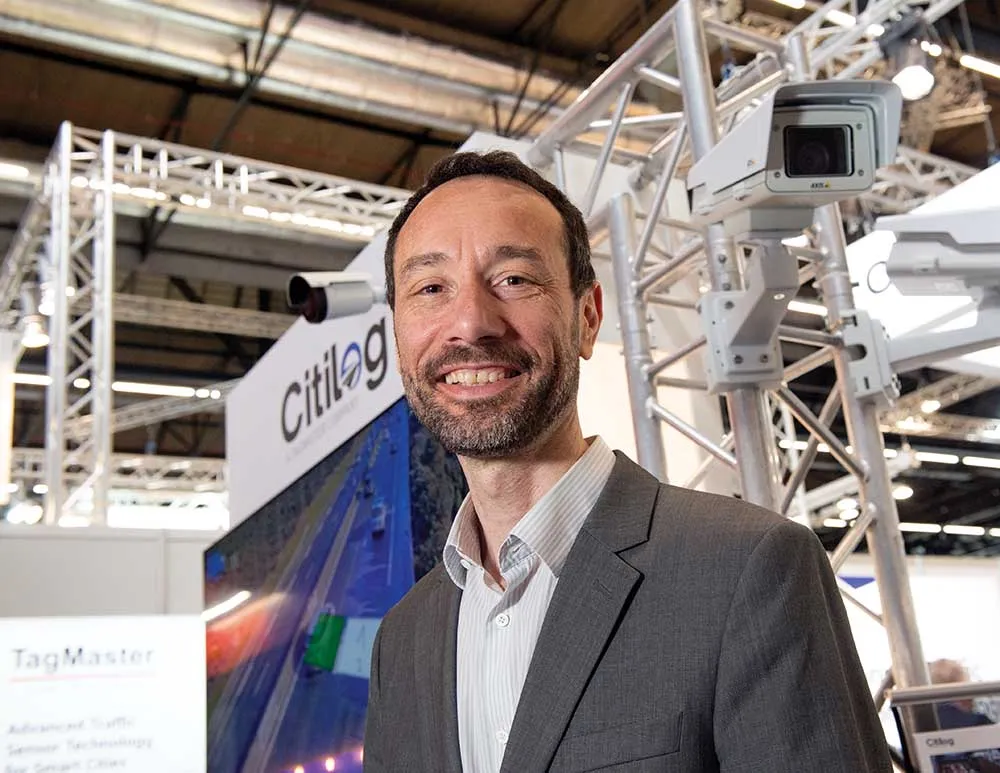Intelligent traffic management information solutions Iteris has launched South Carolina’s next generation 511 traveller information system, under a US$2.5 million three year contract to upgrade, operate, and maintain the State’s system awarded to Iteris in earlier this year. The next generation system includes direct integration with the Georgia 511 system, together with a range of communication channels for information dissemination, including: state-of-the-art website; mobile apps for both iOS and Androi
July 2, 2013
Read time: 2 mins
Intelligent traffic management information solutions 73 Iteris has launched South Carolina’s next generation 511 traveller information system, under a US$2.5 million three year contract to upgrade, operate, and maintain the State’s system awarded to Iteris in earlier this year.
The next generation system includes direct integration with the Georgia 511 system, together with a range of communication channels for information dissemination, including: state-of-the-art website; mobile apps for both iOS and1812 Android platforms; four regional 2171 Twitter feeds; enhanced interactive voice recognition (IVR) software system; personalised email and/or text alerts delivering real-time traffic conditions; and.
The three-year contract also includes two one-year options for ongoing operation and maintenance.
“Iteris is pleased to deliver this upgraded 511 Traveler Information System to South Carolina and its travellers,” stated Abbas Mohaddes, president and CEO of Iteris. “The efficiency and experience of our team enabled us to deliver an accurate and reliable advanced traveller information system in time for summer travel.”
“We think the public will want to take advantage of this user-friendly, new technology to help make their travel as efficient and safe as possible,” said SCDOT director of Traffic Engineering Tony Sheppard. “We are especially glad to have the new system in place for the upcoming Fourth of July holiday. An informed motorist can avoid problem areas and not only make their trip better, but help lessen overall traffic congestion.”
The next generation system includes direct integration with the Georgia 511 system, together with a range of communication channels for information dissemination, including: state-of-the-art website; mobile apps for both iOS and
The three-year contract also includes two one-year options for ongoing operation and maintenance.
“Iteris is pleased to deliver this upgraded 511 Traveler Information System to South Carolina and its travellers,” stated Abbas Mohaddes, president and CEO of Iteris. “The efficiency and experience of our team enabled us to deliver an accurate and reliable advanced traveller information system in time for summer travel.”
“We think the public will want to take advantage of this user-friendly, new technology to help make their travel as efficient and safe as possible,” said SCDOT director of Traffic Engineering Tony Sheppard. “We are especially glad to have the new system in place for the upcoming Fourth of July holiday. An informed motorist can avoid problem areas and not only make their trip better, but help lessen overall traffic congestion.”









